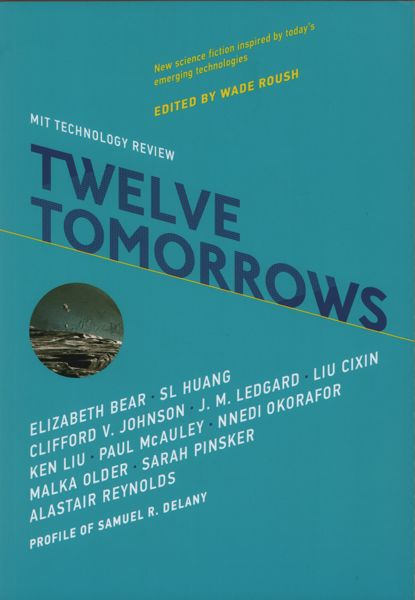The Woman Who Destroyed Us by S.L. Huang
What defines a persons identity is a one of my favorite philosophical questions to see explored in literature or film. This story takes a very direct and confrontational approach to this topic.

In a near future a technology exists that can basically “fix” peoples mental problems with a brain implant. The story follows Maggie who feels that this implant killed her son Henry. Not in the literal sense, but she thinks it has changed him so much that he is no longer the same person. Henry had various diagnoses before the implant and he is very happy with who he is now. Nonetheless, Maggie sets out to find a way to get revenge against the technology’s inventor.
There is so much potential in this topic and the story does handle all the dilemmas in an engaging narrative. It is also just rather surface level, as we follow Maggie and her internal critical dialogue of the whole procedure that sometimes reads like an opinion piece. I am missing some emotional core or exploration of why she feels her son is gone as a person, even though he is alive and well. For me as a reader, I was mostly engaged intellectually with the dilemma - not emotionally. A story like “Second Person, Past Tense” by Daryl Gregory covers similar themes and with more direct character insight in my opinion.
That is also somewhat unfair to the author, me criticizing the story for wanting it to be something different than it is. Huang wanted to write this story in this manner and she succeeds. Plenty of food for thought on how we think about mental diagnoses and whether that should be a defining feature of a person.
Read in Forever Magazine, August 2024
Originally published in Twelve Tomorrows
Rating: 4